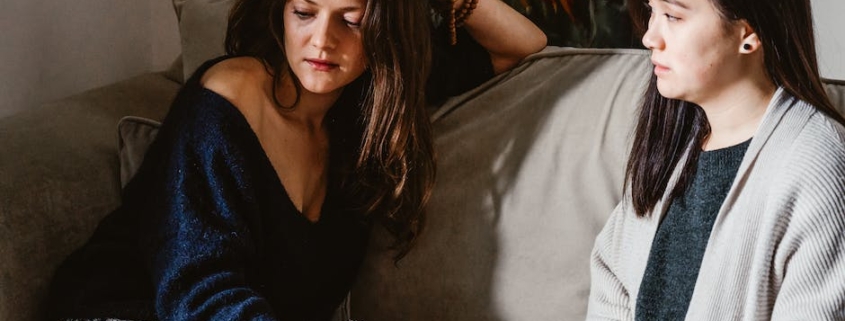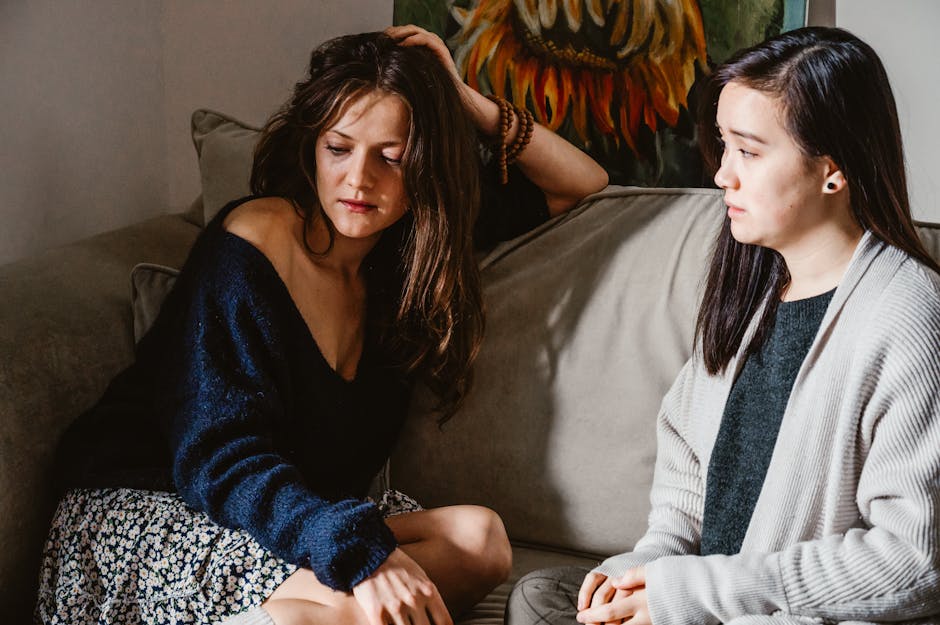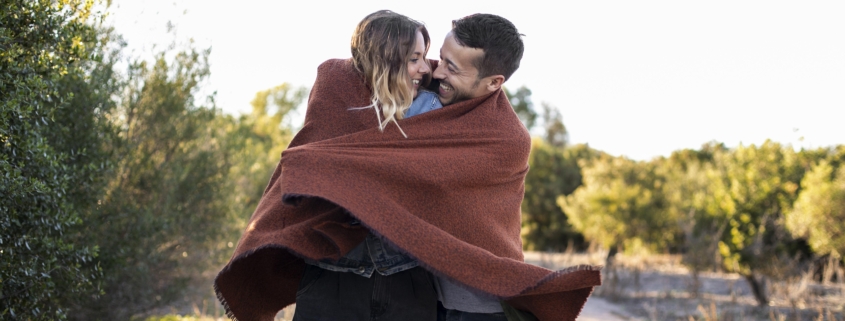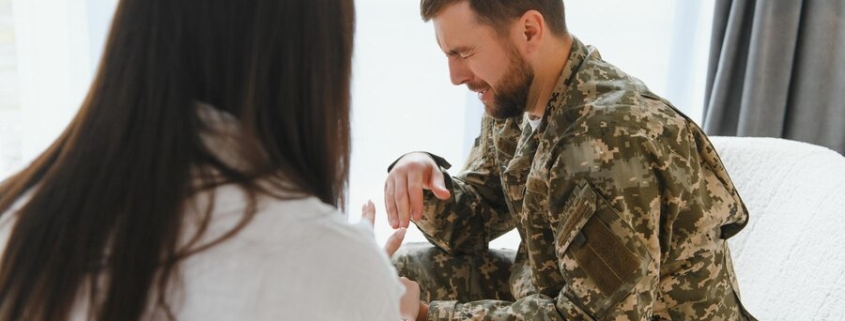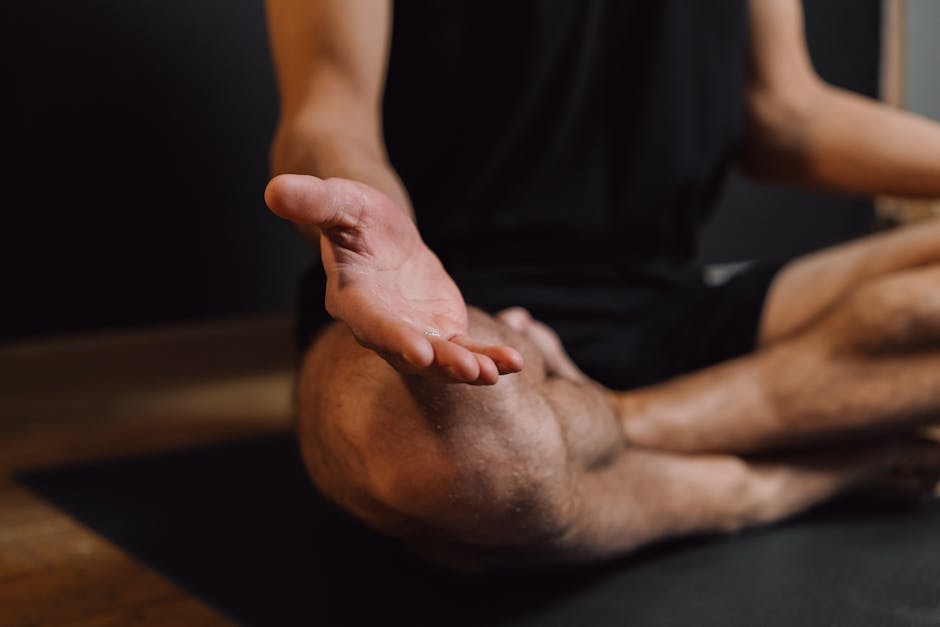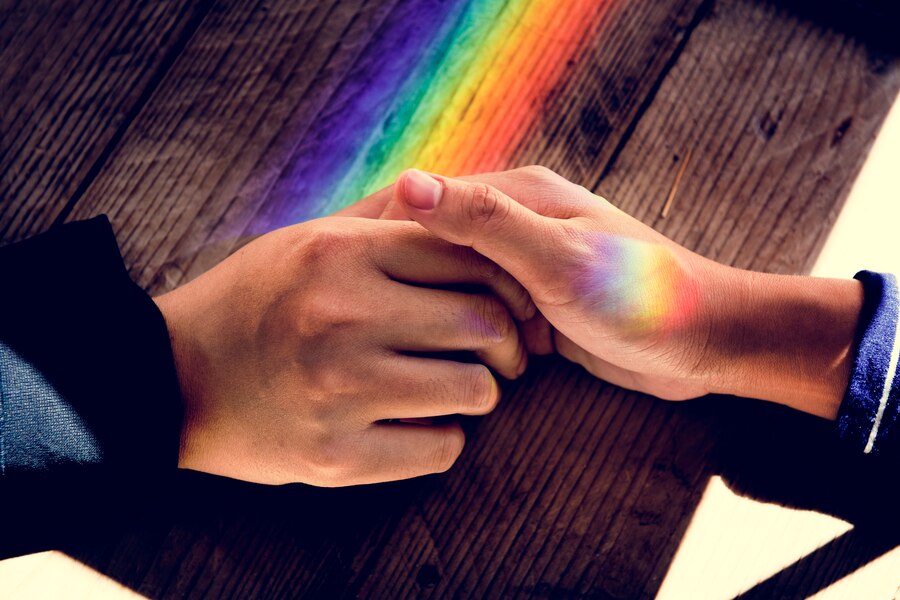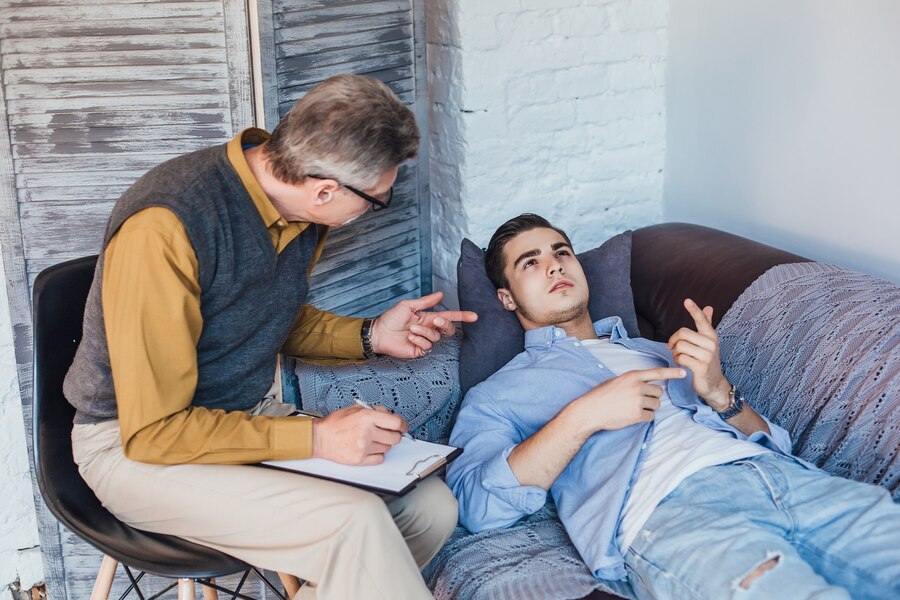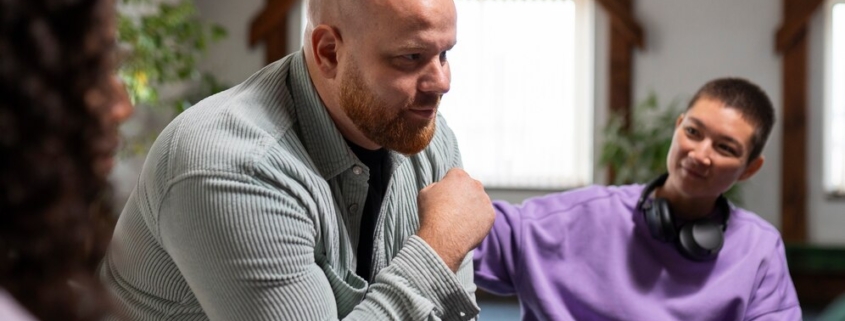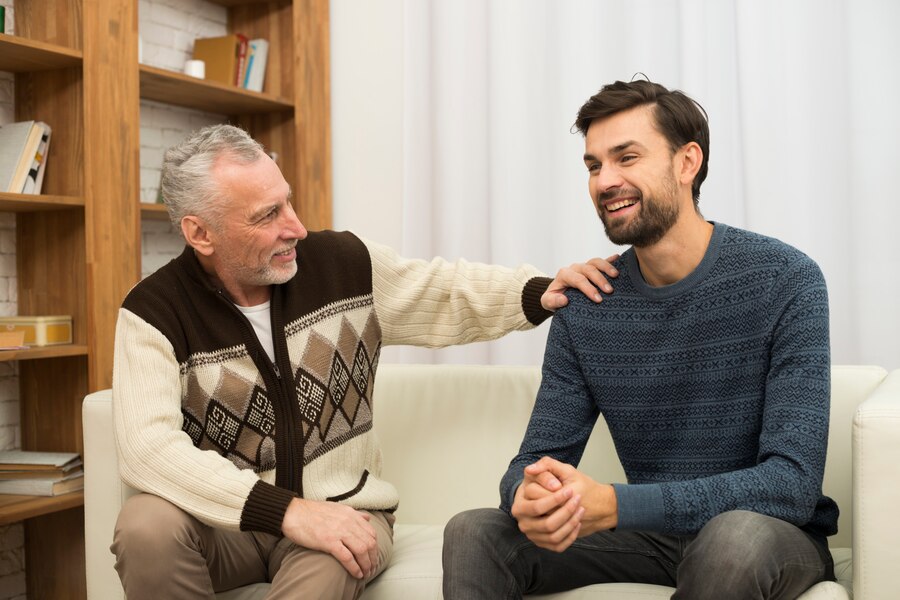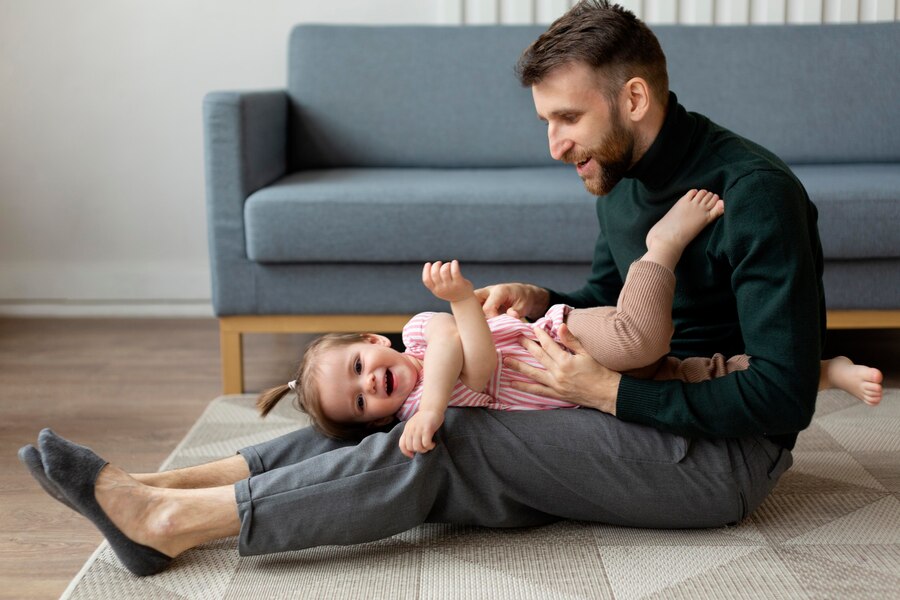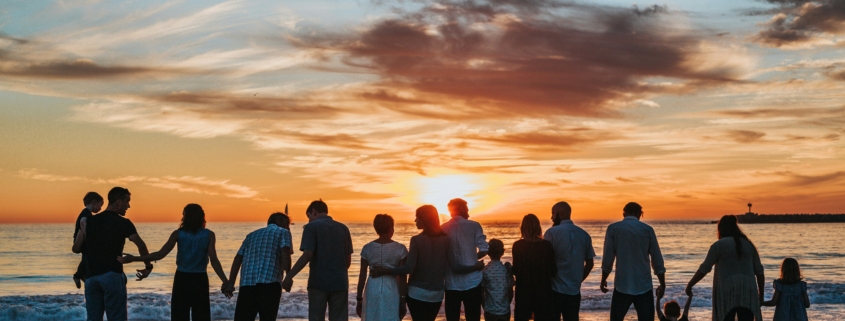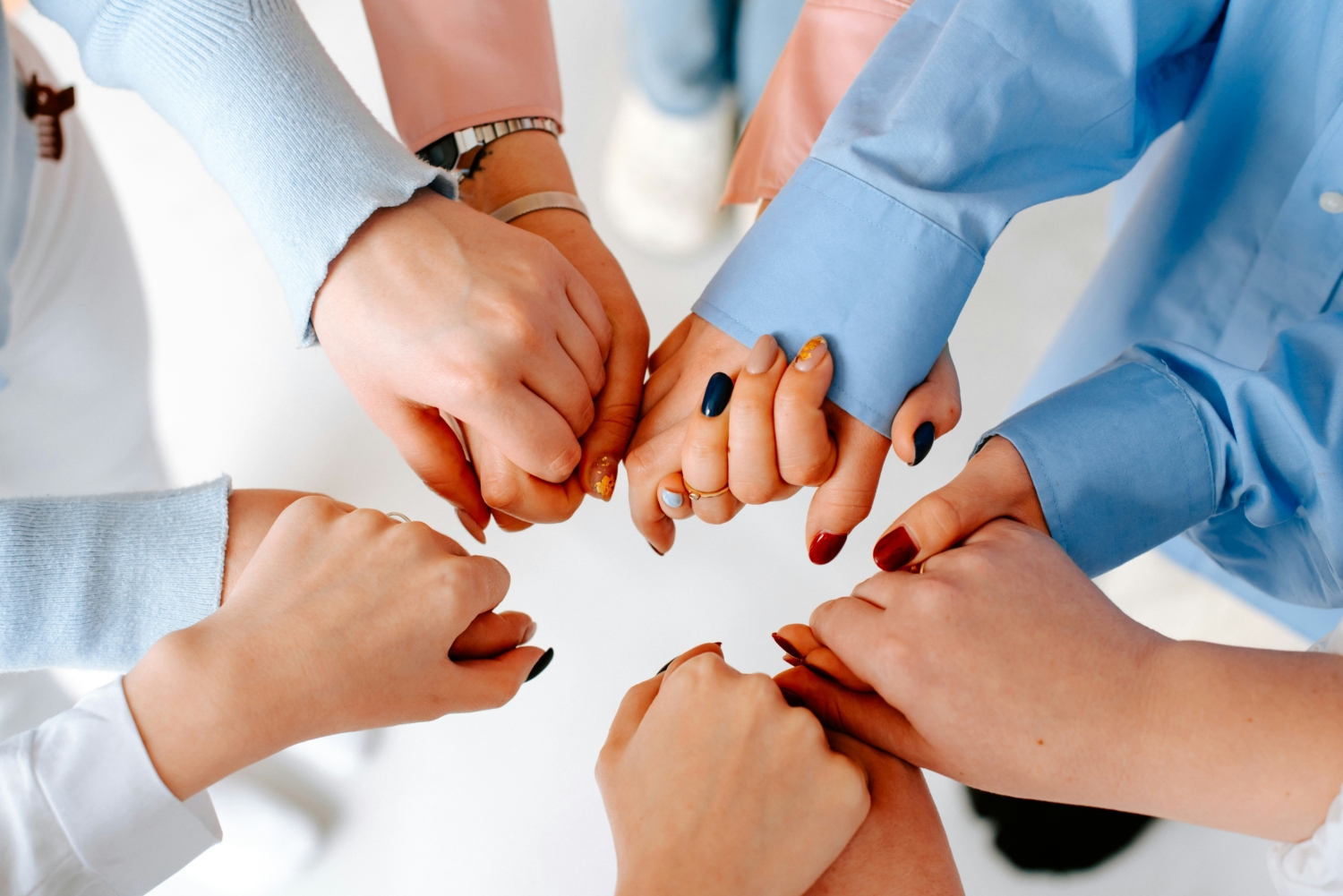When it comes to finding the right program for couples in need of substance abuse counseling and treatment, San Francisco offers a variety of options. From inpatient Couples Rehab to relationship-based addiction treatment, there are resources available to help couples overcome their struggles and build a healthier, happier future together. In this guide, we will explore the different programs available in San Francisco, including dual diagnosis couples treatment and the benefits of relationship-based addiction treatment.
Couples Rehab in San Francisco
One of the most effective ways for couples to address their substance abuse issues is through couples rehab. This type of program allows both partners to receive treatment at the same time, which can be beneficial in addressing underlying issues and strengthening the relationship. In San Francisco, there are several couples rehab centers that offer inpatient and outpatient programs tailored to the unique needs of couples.
Benefits of Couples Rehab
- Simultaneous treatment for both partners
- Improved communication and relationship skills
- Support and accountability from partner
- Addressing underlying relationship issues

Dual Diagnosis Couples Treatment
For couples dealing with both substance abuse and mental health issues, dual diagnosis couples treatment is essential. In San Francisco, there are specialized programs that address both aspects of the couple’s health, providing comprehensive care and support. By treating both conditions simultaneously, couples can achieve long-lasting recovery and improve their overall well-being.
Inpatient Couples Rehab
Inpatient couples rehab offers a structured environment where couples can focus on their recovery without distractions. In San Francisco, there are inpatient facilities that provide 24/7 care and support for couples in need of intensive treatment. This type of program is ideal for couples who require a higher level of care and supervision during their recovery journey.
Relationship-Based Addiction Treatment
Relationship-based addiction treatment focuses on rebuilding and strengthening the couple’s relationship as a key component of recovery. By addressing the dynamics of the relationship and improving communication and trust, couples can overcome their substance abuse issues together. In San Francisco, there are programs that emphasize the importance of the couple’s bond in the recovery process.
Contact us for Help
When it comes to finding the right program for couples struggling with substance abuse, San Francisco offers a range of options tailored to the unique needs of each couple. From inpatient couples rehab to relationship-based addiction treatment, there are resources available to help couples rebuild their lives and strengthen their bond. By seeking out the right program for their needs, couples can embark on a journey to recovery and healing together. Contact Couples Rehab today.
FAQ’s
Q: How do I begin the process of finding the right couples rehab program for us?
- A: Initiating the search for the ideal couples rehab program involves assessing your specific needs, preferences, and treatment goals. Start by researching reputable facilities, considering their program offerings, success rates, and reviews.
Q: What factors should we consider when finding the right couples rehab program?
- A: Several factors should guide your decision, including the program’s approach to couples therapy, staff credentials, facility amenities, location, and the availability of aftercare support. Assessing these aspects helps ensure a tailored and effective treatment experience.
Q: Are all couples rehab programs the same, or do they vary in their treatment approaches?
- A: Couples rehab programs can differ significantly in their treatment approaches. Some may focus on evidence-based therapies, while others integrate holistic methods. It’s crucial to find a program that aligns with your relationship dynamics and personal preferences.
Q: How can we determine if a couples rehab program is reputable and trustworthy?
- A: Researching the reputation of a couples rehab program is vital. Look for testimonials, reviews from former participants, and any accreditation or certifications the facility may have. Reputable programs are transparent about their success rates and are willing to provide this information.
Q: Is it essential for both partners to be willing to enter a couples rehab program together?
- A: Ideally, both partners should be willing to participate for the best outcomes. However, individual commitment to the process is equally important. Couples rehab programs often cater to varying levels of readiness, encouraging each partner’s engagement in their recovery journey.
Q: What types of therapy are typically offered in couples rehab programs?
- A: Couples rehab programs often incorporate couples therapy, individual counseling, and group therapy. Evidence-based modalities like cognitive-behavioral therapy (CBT) and experiential therapies may also be part of the treatment plan.
Q: Can we choose a couples rehab program that aligns with our specific relationship issues?
- A: Absolutely. Many couples rehab programs tailor their approach to address specific relationship issues, such as communication breakdowns, trust issues, or codependency. When researching programs, look for those that offer customized treatment plans.
Q: What role does aftercare play in finding the right couples rehab program?
- A: Aftercare is a crucial aspect of sustained recovery. Look for couples rehab programs that provide comprehensive aftercare support, including ongoing therapy, support groups, and resources to help couples navigate challenges after completing the program.
Q: How long does a typical couples rehab program last, and is flexibility in program duration available?
- A: The duration of couples rehab programs varies. Some are short-term, while others offer extended treatment options. Flexible program durations accommodate the unique needs of each couple, allowing for a more personalized and effective experience.
Q: How can we get started in the process of finding the right couples rehab program for our relationship?
- A: To begin the process, reach out to couples rehab programs you’re interested in. Many facilities offer initial assessments to understand your needs better. The admissions team can guide you through the intake process, helping you take the first step toward finding the right program.


